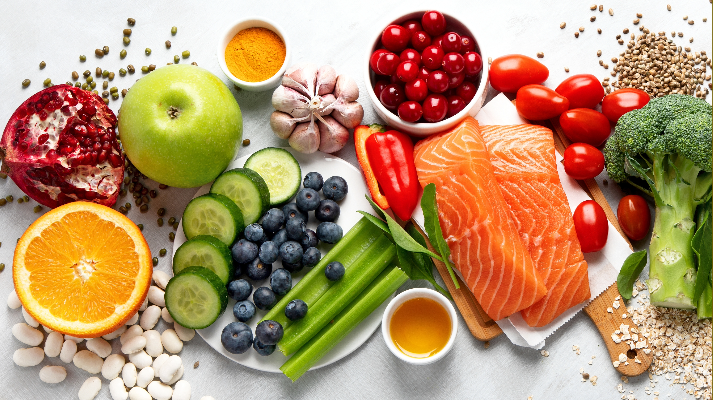Age may be nothing more than a number, but when it comes to nutrition status, certain vitamins and minerals may be of concern as people age. The Centers for Disease Control and Prevention (CDC) recently released the Second Nutrition Report which shows that Americans generally have good levels of some essential vitamins and minerals. However, they also found that certain age groups may need to fine-tune their nutrient intake to maximize their health. Below are our tips for getting the right nutrients for your age.
Iron and Children
The CDC reports that children have the lowest levels of iron across all age groups. Iron is the vital mineral that helps carry oxygen throughout the body. Kids between 4 and 8 years need 10mg per day, while their requirement goes down to 8mg from ages 9 to 13. After 13, boys need a little more at 11mg, while girls need much more at 15mg a day before they reach the age of 18.
For an iron-packed meal, pair citrus fruits with spinach or eggs. In addition to beef, chicken, and turkey, beans and lentils are a great addition to add more iron. In the way of grains, many cereals are iron-fortified, but oatmeal is also a great source of iron.
Iodine and Young Women
American women between the ages of 20 and 39 are on the borderline of iodine insufficiency. Iodine is essential for the production of thyroid hormones which regulate growth and development. Some natural sources of iodine include yogurt and milk, which will give you between 40 and 50% of the daily recommended amount. Cranberries and sea vegetables have more. Adults should have 150 micrograms per day, while pregnant and nursing women should have more: 220 and 290 micrograms per day respectively.
Vitamin B12 and Seniors
The CDC reports children and adolescents were rarely deficient in vitamin B12 but senior citizens are not getting enough. The National Institutes of Health points to the lack of hydrochloric acid in older adults’ stomachs as the reason for the deficiency, pointing out that naturally occurring vitamin B12 may be hard to absorb. They recommend people over 50 get most of the vitamin from fortified foods or dietary supplements.
To find out more information about your specific nutrient needs, see these fact sheets compiled by the National Institutes of Health, the USDA, Health and Human Services and more.
by Carolyn R.

